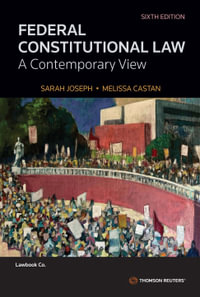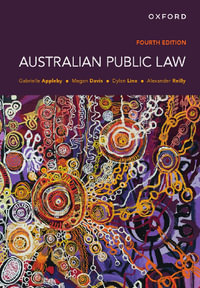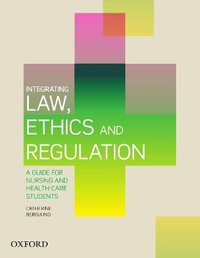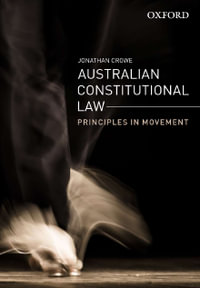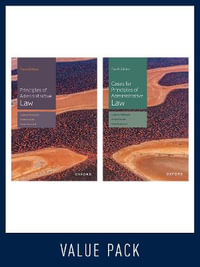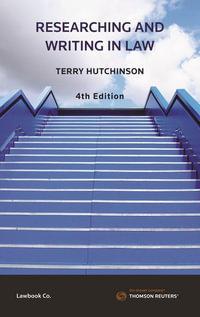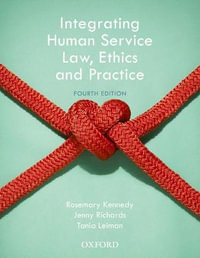Is the United States Constitution the embodiment of certain principles? The four authors of this book for a variety of reasons, and with somewhat different emphases, believe the answer is no. Those who authored the Constitution no doubt all believed in liberty, equality, and, with caveats, republican self-government values, or if you will, principles. But they had different conceptions of those principles and what those principles entailed for constituting a government. Although the Constitution they created reflected, in some sense, their principles, the Constitution itself was a specific list of do's and don'ts that its creators hoped would gain the allegiance of the newly independent and sovereign states. And, for somewhat different reasons, the authors of this book believe that was a good thing.
Industry Reviews
A concise and readable attack, from several different directions, on the idea that a constitution must embody principles. Even those who disagree with the authors' vision will need to engage with it. --Andrew Koppelman, Northwestern University School of Law A principled and provocative challenge to proponents of the 'principled constitution' and the expansion of judicial review. --Grant Huscroft, Justice, Court of Appeal for Ontario A Principled Constitution? is a superb set of essays that address whether constitutions, assuming we should have them at all--Professor Allan believes that New Zealand is fortunate in not having a written constitution--should contain any grand principles. Only Prof. Schwartzschild demurs from the proposition that the answer is no. This will be a wonderful book to assign for academics to read and then to assign to students in various classes. But one can also hope that it reaches an audience beyond the academy, given the importance of the question and the accessibility of the sparkling prose. One doesn't have to agree with all of the arguments in order to appreciate the brio of the essays and the importance of the points that are being made. --Sanford Levinson, University of Texas at Austin In the face of countless grandiloquent claims that the Constitution is a document of principles, values, aspirations, and much else in that vein, these four experienced and distinguished constitutional scholars argue in different ways that the Constitution best serves the purposes of constitutionalism by being understood simply, but importantly, as positive law, with all that that characterization entails and all that that characterization rejects. --Frederick Schauer, University of Virginia This stimulating volume contains five related essays by four different constitutional scholars who challenge the view that the American Constitution should be interpreted as embodying moral and legal principles that judges identify and use to decide constitutional cases....Recommended. Advanced undergraduates through faculty. -- "Choice Reviews"

